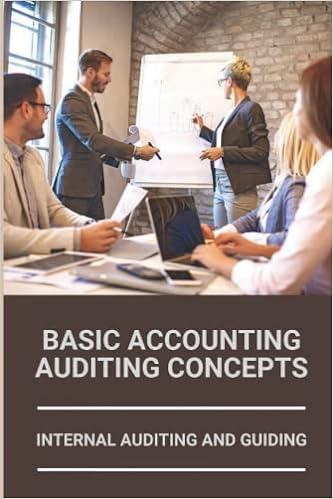Question
1.A general partnership is considered a separate accounting entity for: a.tax and reporting purposes. b.tax purposes but not reporting purposes. c.reporting purposes but not tax
1.A general partnership is considered a separate accounting entity for:
a.tax and reporting purposes.
b.tax purposes but not reporting purposes.
c.reporting purposes but not tax purposes.
d.neither tax or reporting purpose
2.A general partnership is considered a separate accounting entity for:
a.tax and reporting purposes.
b.tax purposes but not reporting purposes.
c.reporting purposes but not tax purposes.
d.neither tax or reporting purposes
3.In a limited partnership, limited liability means a limited partners liability for partnership debts is
a.zero; limited partners are not liable for any partnership debts.
b.zero for debts originating from the actions of general partners.
c.limited for partnership business debts but not for federal claims.
d.limited to their investment in the partnership.
4.A major characteristic of partnerships is that they are considered conduits. This means that
a. unless organized as limited partnerships, all partners are liable for partnership debts.
b. an individual partner may incur partnership liabilities.
c. partnership drawings in excess of partnership income are not taxed.
d. a partners share of partnership income is reported on the partners personal tax return.
Step by Step Solution
There are 3 Steps involved in it
Step: 1

Get Instant Access to Expert-Tailored Solutions
See step-by-step solutions with expert insights and AI powered tools for academic success
Step: 2

Step: 3

Ace Your Homework with AI
Get the answers you need in no time with our AI-driven, step-by-step assistance
Get Started


